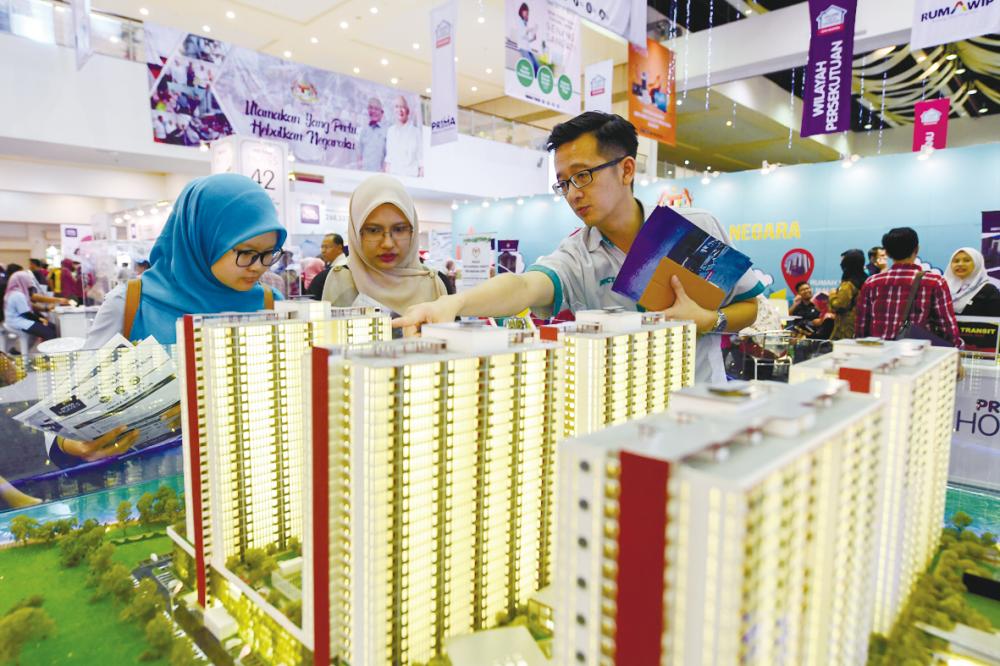KUALA LUMPUR: PropertyGuru urges the government to continue collaborating with financial institutions to offer flexible loan packages and favourable interest rates and periodically revise policies to align with evolving domestic housing demands.
PropertyGuru and iProperty Malaysia country manager Kenneth Soh said home affordability continues to be a central concern for many Malaysians, particularly first-time homebuyers.
He said the government’s commitment to affordable housing projects through programmes like the 1Malaysia Housing Programme (PR1MA) and Projek Perumahan Rakyat (PPR) remains crucial in boosting the supply of homes in the affordable range.
According to the PropertyGuru Malaysia Consumer Sentiment Study H1’24, PR1MA is the preferred choice for 23% of respondents, especially middle-income earners in their 30s.
The survey found 15% of respondents, predominantly those married with children, favoured Rumah Selangorku while 14%, primarily those in the low-income bracket chose PPR.
“These findings underscore the need for tailored housing initiatives to meet the preferences of various demographic groups,” he said.
Soh said the Budget 2025 should include policies encouraging green building practices, which would benefit both the environment and homeowners.
He said tax incentives or rebates for developers incorporating energy-efficient designs and materials could help accelerate the adoption of sustainable practices in the property sector.
“For homeowners, incentives such as grants for solar panels, energy-efficient appliances, and water-saving devices can reduce household expenses while promoting a sustainable, eco-friendly lifestyle.
“Additionally, introducing green home certification programmes that reward sustainable design would further motivate developers and buyers to prioritise environmental considerations,” Soh said.
Further, in ensuring equitable access to housing, Soh said Budget 2025 should continue focusing on initiatives aimed at underserved communities including the low-to-middle income segment.
He said tailored assistance programmes such as targeted homeownership grants and low-cost housing projects can transform the lives of Malaysians, especially those in the B40 and lower-middle-income brackets, while promoting social equity in homeownership.
Furthermore, affordable rental housing should be a key consideration for those who still need to be ready or able to buy a home.
Soh said expanding rent-to-own schemes or creating rental subsidies for lower-income groups can provide secure housing options while helping individuals and families transition to homeownership in the future.
“We urge the government to maintain an open dialogue with property sector stakeholders including developers, financial institutions, buyers, and advocacy groups.
“This collaboration will ensure that policies introduced are well-informed, balanced, and forward-thinking. By fostering ongoing engagement, the government can better address the challenges the property industry faces and implement solutions that promote long-term sustainability and inclusivity.
“In conclusion, we are optimistic that Budget 2025 will introduce forward-thinking policies that meet the evolving needs of the property market, especially for first-time buyers, underserved communities, and developers.
“At PropertyGuru Malaysia, we remain committed to advocating for property consumers and working closely with the government and industry partners to ensure sustainable growth and homeownership opportunities for all Malaysians,” said Soh.









